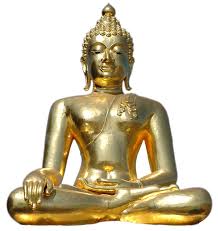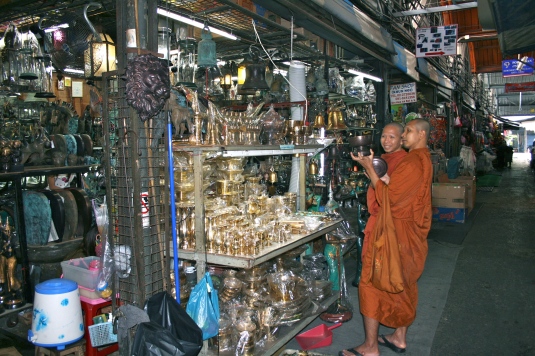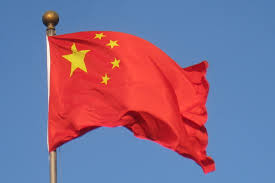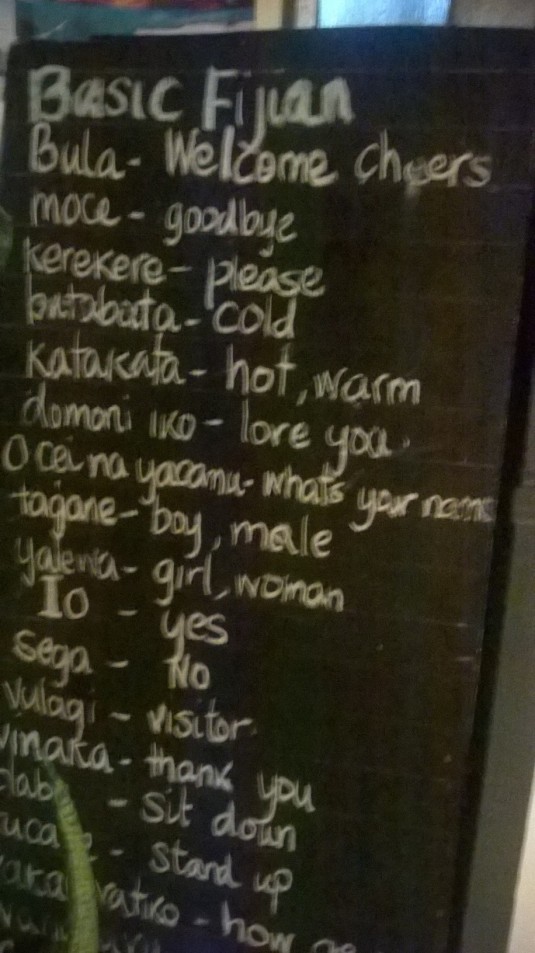I’ve had sleepless nights wondering about these visa’s. The information online is at best confusing with contradictory instructions and advice on even the embassy’s own website, as well as the various advice sites available. The online accounts from fellow travellers also tell tails of blood, sweat and tears.
That in mind I had a ream of supporting documents along with two completed application forms downloaded from the embassy website along with answers to the most obscure of questions…
http://www.fmcoprc.gov.hk/eng/zgqz/bgfwxx/
And it turns out half of this wasn’t needed so I wanted to try and help other born worriers like myself thinking of applying for a visa for China mid travels as it really isn’t as much of a minefield as it’s made out to be at all.
First of all, most of the advice from fellow travellers on the internet is inaccurate. The process was completely different to that that I’d read (and far simpler) and the horror stories told by those who’d been refused a visa seem either dramatised for artistic licence perhaps, or things were not as straightforward in their circumstances as was being told. In summary take things with a pinch of salt. If you’re circumstances are straight forward, then so will the application process be.
Finding the Visa centre is easy enough – take the MTR to Wan Chai and take exit A1.
http://www.mtr.com.hk/en/customer/services/system_map.html
Follow the signs for immigration tower and just before the entry take the staircase on the right. Follow the street/ path to the right and pretty much keep going in that direction. The visa office is signposted and if in doubt ask people and when you arrive you’ll want to go up to floor 3.
At the visa centre, you cannot take a bag inside (fortunately we had heard this already so left bags at our hotel).
The application form on the Chinese embassy in Hong Kong website is incorrect. But worry not, there are the correct forms at the visa centre itself so I wouldn’t bother printing one, just fill one out when you get there.
The embassy website for China in Hong Kong also says that Chinese visa applications cannot be made if you are not resident in Hong Kong and must be made in your country of residence. We were not however turned away, and were not the only applicants there who were not on homeland so not too sure why this advice is given unless it’s for a more permanent visa type than a tourist visa. Who knows as it’s very unclear advice and doesn’t seem to actually be the case.
Take one passport photo with you. Doesn’t have to be the square visa photos, just passport sized. There is a photo booth at the embassy but it’s expensive apparently (I didn’t check the price as we didn’t use it).
You’ll need to submit your passport with the Hong Kong entry card as proof of legal stay in Hong Kong. You also have to have a photo copy of your passport to submit so of like is you head over to apply on first arriving in Hong Kong don’t forget to check into your hotel first as they’ll want to see your passports and take he details.
In addition, you’ll need proof of ongoing travel out of China such as flight confirmation and also proof of a hotel reservation. We only had proof of a one night booking in China for the first night we intend to arrive but made it clear which destinations we wished to travel in the itinerary section and how long we intend to be in each place. Some people talk of the need to book accommodation for the entire duration and the cancel this after submitting a visa application. We didn’t do this, and nor did we need to so don’t waste your time or money.
Also, some advice says you need proof of how you will fund your trip to China. I took bank statements galore, only to be handed these back and told I didn’t need them.
Anyway, once you’ve filled in your application form, someone will check it over for you and you’ll be issued a ticket number and you simply sit and wait to be seen. We waited no more then 5 minutes but we went at the end of the day, and there were few others there. I’m told if you go in the morning it’s a different story and you could be waiting 90 minutes or more. This could however be an exaggeration by fee charging agencies who apply for Chinese visas on behalf of tourists. The application and supporting documents and form are then checked again. We had everything needed, and so were given a receipt and told to come back in 4 days time.
You pay for your visa on collection of your passport and visa. We had a few days planned in Hong Kong so opted for standard service as opposed to express, so it cost us HKD $360 each. Express would have been an additional $300 each and would have meant they were ready the next working day should anyone want one in more of a rush then us.
The last step is paying and picking up your passport and visa. This is very quick. It takes longer to get to the visa office then it does collecting a visa as they are incredibly efficient. You just go to counter 1, hand them your receipt/ collection slip, pay and then go to counter 3 et voila. If your receipt gives a time (either AM or PM ) for pick up, make sure you adhere to this as apparently the visa office are strict on this. Our collection slip however didn’t give a time, so don’t worry if yours doesn’t either.
The last step is entirely optional, we celebrated with a Starbucks because WOOHOO! We’re going to China!
We don’t actually know of we will be able to access this blog or any of our means of communications such as Facebook, emails, skype etc. So this could be a bye for now and we’ll tell tales of our adventures when we return to Hong Kong at the start if June. Of course we might be fine in which case more stories to follow soon.
Lots of love xx





